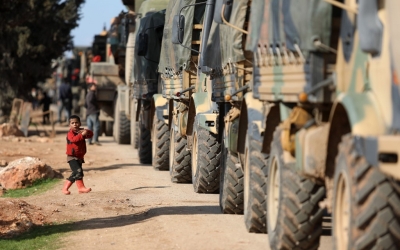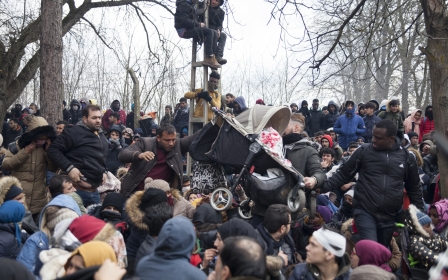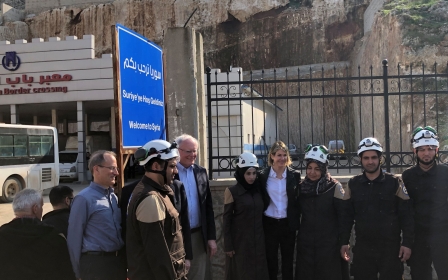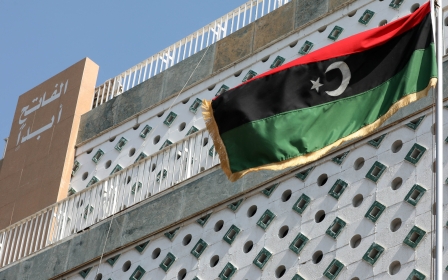Turkish journalists arrested after reporting intel agent's death in Libya
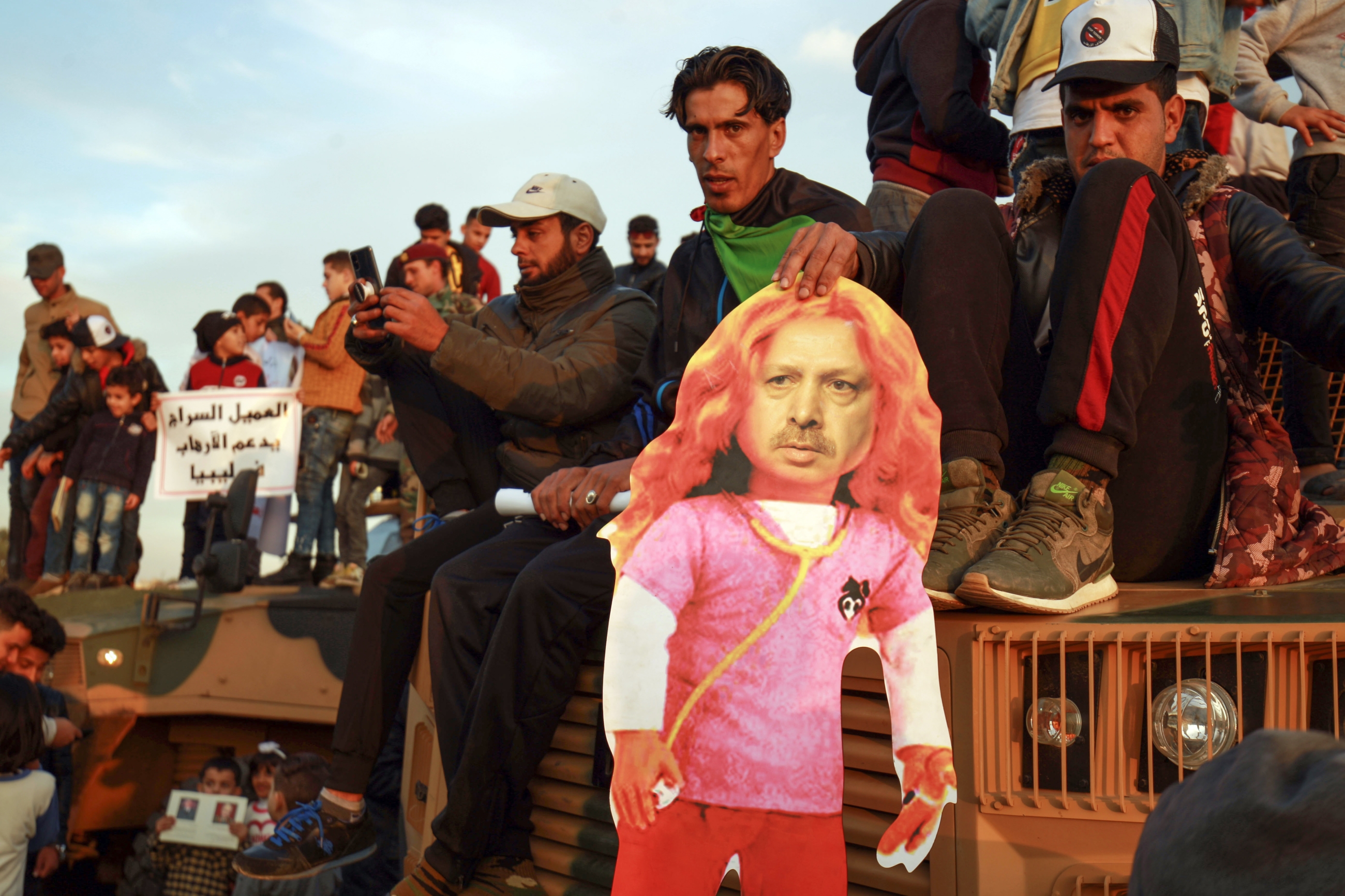
Media rights activists have condemned the detention of two journalists in Turkey after they reported that an intelligence agent was among the Turkish soldiers killed in operations in Libya.
Baris Terkoglu, news director for OdaTV, was detained in the early hours of Tuesday morning upon the orders of the Istanbul Public Prosecutor's office.
Hulya Kilinc, the reporter who wrote the story, was reportedly detained on Wednesday.
According to the OdaTV website, the arrests came as a result of an article that revealed photos of a member of Turkey's National Intelligence Organisation (MIT) who was among the first Turkish soldiers killed during military operations in Libya.
The website quoted Terkoglu's lawyer as saying he had neither "seen the accusation clause about Baris Terkoglu nor seen the detention order".
'This is an arbitrary measure used to intimidate the editorial stance of the website'
- Erol Onderoglu, Reporters Without Borders
Turkey first sent soldiers and Syrian fighters to Libya in January to help bolster the UN-backed Government of National Accord (GNA), which has been under assault from forces loyal to military commander Khalifa Haftar.
Turkish President Recep Tayyip Erdogan last week said that there had been "two martyrs in Libya" but had declined to reveal more details.
OdaTV's editor-in-chief Baris Pehlivan criticised the arrests on Twitter, pointing out that other news outlets had already reported the MIT officer's identity after it was revealed by an MP.
Speaking in the country's parliament last week, IYI party MP Umit Ozdag said that both of the two soldiers killed in Libya had been MIT officers and named them.
He also questioned why their funerals had been kept quiet and their identities not revealed.
Erol Onderoglu, Turkey representative for Reporters Without Borders (RSF), told Middle East Eye that the arrest of Terkoglu was an attempt to "intimidate" OdaTV, which he said has long been a thorn in the government's side.
"The government has not been happy with the editorial line defended by OdaTV for years when it came to the former coalition and cooperation between the government and Fethullah Gulen," he said, referring to a former ally of the ruling Justice and Development Party (AKP) who is currently exiled in the US.
"So this is an arbitrary measure used to intimidate the editorial stance of the website."
A history of arrest
Terkoglu was previously arrested in 2011, alongside many other OdaTV employees, as part of the Ergenekon investigations, legal cases pushed by followers of Gulen within Turkey's judiciary.
He spent 19 months in prison before being released.
The AKP and Erdogan, who were allies of Gulen at the time of Terkoglu's arrest, have since fallen out, with the former blaming the latter for the 2016 coup attempt.
OdaTV's report pointed out that shortly prior to his arrest, Turkey's Association of Progressive Journalists had awarded Terkoglu and Pehlivan an award for their book Metastasis which details how the void left by the mass purge of Gulenists in Turkey's institutions was being filled by another Islamic sect, the Menzil.
An MP for the opposition Republican People's Party (CHP) criticised Terkoglu's arrest, saying that it should come as no surprise that the identities of the two killed would come to light after Erdogan's reference to them.
"The government should not look for responsibility elsewhere for the major security problems that its foreign policy imposes against our country, and should stop targeting journalists," Yuksel Mansur Kilinc, who is also a member of parliament's Security and Intelligence Commission, told the Turkish daily Sozcu.
"Terkoglu should be released immediately.”
Terkoglu and Hulya Kilinc are not the first journalists who have faced arrest in Turkey, accused of revealing state secrets.
Can Dundar, former editor-in-chief of opposition newspaper Cumhuriyet, fled to Germany in 2016 after he was convicted of espionage over a story about MIT arms shipments to Syria rebels.
Turkey has regularly been described as the world's worst jailer of journalists by media freedom organisations.
Middle East Eye propose une couverture et une analyse indépendantes et incomparables du Moyen-Orient, de l’Afrique du Nord et d’autres régions du monde. Pour en savoir plus sur la reprise de ce contenu et les frais qui s’appliquent, veuillez remplir ce formulaire [en anglais]. Pour en savoir plus sur MEE, cliquez ici [en anglais].


